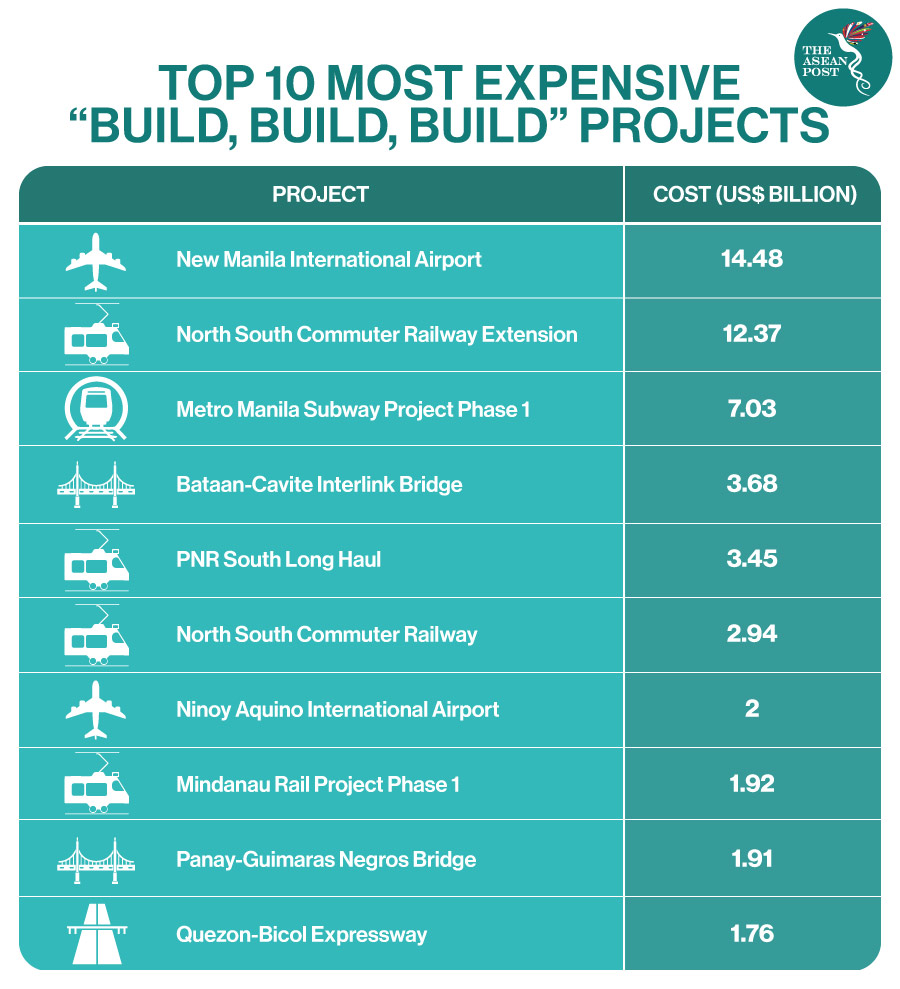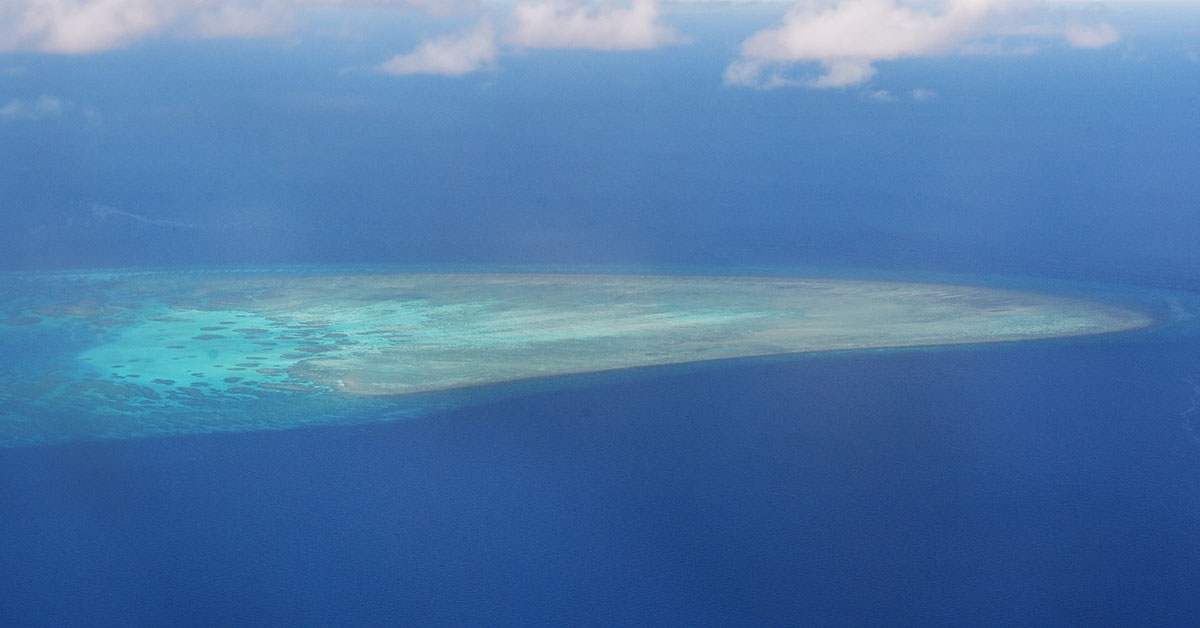China recently urged the Philippines to “immediately stop illegal provocations,” following a diplomatic protest filed by Manila with regard to the Chinese Coast Guard's confiscation of Filipino fishermen's devices in Scarborough and the issuance of radio challenges at aircraft patrolling the West Philippine Sea. The Philippine Defense Secretary Delfin Lorenzana, and Foreign Affairs Secretary Teodoro Locsin Jr. both responded strongly and aggressively regarding the matter.
According to Locsin, the Philippines will continue patrolling the Spratlys in the South China Sea (SCS), ignoring the warning from China to stop "illegal provocations" around the disputed waters. Locsin on 26 August in a media interview said, "We're going to continue our patrol because it's ours. That's all there is to it, and then they (China) will continue to call it an illegal provocation but that's their right. It's a free world.”
He even further asserted that the Philippines will invoke its “69-year defense treaty” with the United States (US) if China attacks a Philippine naval vessel in the West Philippine Sea (WPS). Locsin said that “unless something happens, as I said before, that is beyond incursion and in fact is an attack on, say, a Philippine vessel, in which case then I call up Washington DC”.
WPS is the official designation by the Philippine government for the eastern parts of the SCS which are included in the Philippines' exclusive economic zone (EEZ). Lorenzana also weighed in, expressing that, "They (China) are the ones who have been doing provocations by illegally occupying some features within our EEZ. Hence, they have no right to claim they are enforcing their laws. Their so-called historical rights over an area enclosed by their nine-dash line don't exist except in their imaginations."
On 28 August, Locsin in another interview said that he would recommend the termination of contracts with Chinese companies involved in the massive island-building in the disputed SCS territories. The statement came a day after the US announced punitive measures against at least 24 state-owned Chinese companies, including subsidiaries of the China Communications Construction Company (CCCC). He said, “If I find that any of those companies are doing business with us then I would strongly recommend we terminate that relationship with that company.”
However, Palace officials disregarded such remarks from Locsin and asserted that all deals with Chinese companies will proceed as planned and the Philippines is not following the foreign policy direction of the US of imposing sanctions on Chinese companies.
"Sangley Project will continue. All other projects involving Chinese companies that are banned in the United States can continue in the Philippines”, said Presidential Spokesperson Harry Roque in his regular media briefing yesterday. He added that the Philippines is not duty-bound to mirror US actions as the country is not a vassal state. “Ang pang-nasyonal na interest natin ay masigurado na matapos ang flagship projects under the 'Build Build, Build' program (Our national interest is to ensure that we can finish flagship projects under the 'Build Build, Build' program)."

The Sangley Project
The “Sangley Project” or the “SPIA Project” is one of the key projects of the Duterte administration under the Build, Build, Build Infrastructure Program. The project is part of the effort of the current administration to address air traffic congestion at the Ninoy Aquino International Airport (NAIA) in Pasay City. The proposed SPIA Project is a 1,500-hectare master-planned international airport hub, that will serve as a global aviation hub to decongest NAIA which is operating above its current capacity.
The Sangley airport will feature four runways and a terminal that can handle more than 100 million passengers annually. The airport project is being undertaken by the Cavite government under the Public-Private Partnership Code. They have formally awarded the initial phase of the SPIA project to the Filipino-Chinese consortium of MacroAsia Corp. and China Communications Co. Ltd. (CCCC). The total cost of the project is approximately PHP550 billion (US$11 billion), while its Phase 1 cost is around PHP208.5 billion (US$4.2 billion). The said project is among those identified under China’s Belt and Road Initiative (BRI).
Megaphone Diplomacy
The latest media statements of secretaries, Locsin and Lorenzana, can be likened to “megaphone diplomacy”, which seems to be at odds with the so-called “bilateral quiet diplomacy” of the Duterte administration concerning China over the SCS given the complicated nature of the dispute over the contested waters. It seems that instead of calming the situation to prevent further crisis and escalation in the SCS, the two secretaries were seemingly fanning the flames to some extent.
The “megaphone diplomacy” of Locsin and Lorenzana on the issues surrounding the SCS may produce good sound bites and political posturing and grandstanding. It may boost the sales and readership of media companies; however, it’s no good in de-escalating, reducing tensions, and achieving the objective of peaceful resolution over the disputed waters. To note, “megaphone diplomacy” means making public statements regarding a matter of dispute, which means negotiations between countries or parties are held through press releases and announcements, aiming to force the other party into adopting a desired position.
The director of the Integrated Development Studies Institute (IDSI) George Siy has a different stance and perspective vis-à-vis the latest pronouncements of Lorenzana and Locsin. For Siy, given the level of tension in the SCS and the personalities/countries involved, if not calibrated, could lead to incidents and possibly small skirmishes, and damage relations unnecessarily for years to come. “We should not get provoked for there are far more pressing challenges such as COVID-19, poverty, and development needs of the country that require more cooperation rather than divisions,” he said.
The Philippines, according to Siy, needs to look out for its interests on a multi-dimensional long-term basis, and not in the heat of the moment. He further stated: “We need to have a balancing act where we don’t submit to every pronouncement of concerned personalities, but be more engaging, and avoid raising the ‘ratchet’ in a tense situation like that of the SCS where some parties are spoiling for a fight.”
Hindsight And Perspective
The recent somewhat “aggressive” assertions of Locsin and Lorenzana on the issues surrounding the SCS run counter to the very essence of “constructive engagement” with China and deviates from two of the core elements of Duterte’s “independent foreign policy”.
First, the separation of Philippine foreign policy from the US, and second, the improvement of relations with China. The said pronouncements of the two secretaries look like an aberration of the overall objective of an “independent foreign policy,” of finding a “geopolitical nonaligned position” or a “middle ground” between the US and China, where the Philippines remains a friend of the former but at the same time deepens its friendship with China on the economic front; maximising the country’s national interests.
Duterte has spent four years and counting in repositioning the Philippines from a staunch pro-American stance toward a neutral one pursuing an “independent foreign policy” to secure extra leeway to manoeuvre around and between China and the US, while placing the country’s national interests above anything else.
Duterte has to pursue an independent foreign policy because if nothing is done to this effect, the Philippines will be caught “flat-footed” by the changes in the Asia-Pacific power structure. Duterte is a realist and a man ahead of his time. He knows that despite the noise, posturing, and grandstanding of the US and its aggressive “pivot to Asia,” aimed at undermining China economically and militarily, while declaring that it has a “national interest” in the SCS; it’s only a matter of time that a complete shift in the global centre of power in Asia will take place. Such a change is “inevitable and irremediable.”
China is ultimately at the centre of this shift in the power structure in the Asia-Pacific region and will eventually be the predominant power – if not already – in Asia whether the US, the Philippines, or any other country likes it or not. Thus, for Duterte, the Philippines need to attain some margin of flexibility and latitude to manoeuvre around the big powers.
One has to remember that Philippines-China relations have improved under the Duterte administration from “icy and antagonistic diplomatic ties” under the previous administration to more “friendly and constructive relations”.
And the country thus far had benefited economically from the warming relationship with China. The intention behind this approach is to “de-couple” the SCS dispute from areas that are not in dispute like trade and economic activities to which the ‘Build, Build, Build’ program of the Duterte administration has benefited a lot.
This strategy and approach to international relations or geopolitics for that matter is not an easy task and requires a “subtle and tactful balancing act and diplomacy” in a very volatile and evolving regional security environment surrounding the SCS. And the latest media tirades of secretaries Locsin and Lorenzana vis-à-vis China thus far is not contributing positively to this “balancing act”.
Conclusion
Amid the escalating tensions in the SCS between China and the US, the Philippines should play a more constructive role. The Philippines as much as possible must avoid at all cost of becoming a “dangerous flashpoint” in the conflict between the two superpowers as it is not in the country’s best interest.
Hence, the Philippines should heed the call of personalities like Brigadier General Victor Navarro Corpus, former chief of the Intelligence Service of the Armed Forces of the Philippines (ISAFP) who said that “amid the brewing Cold War between the two superpowers, the world is waiting for the US’ next move. Countries like the Philippines should get out of the way! It is not in the country’s national interest to serve as cannon fodder for either superpower.”
Related Articles:

